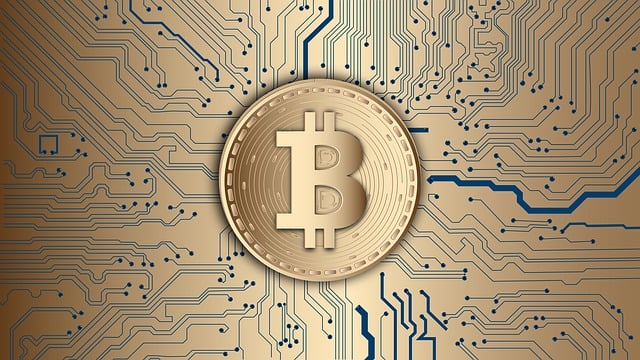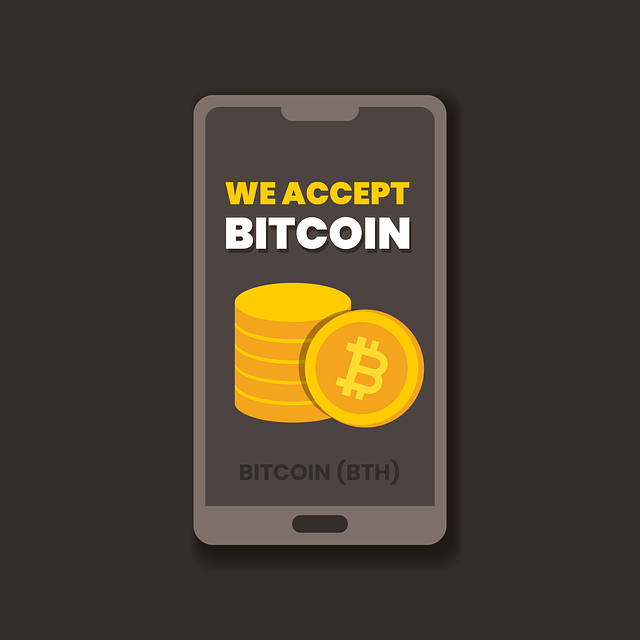Blockchain technology, through smart contracts, is transforming voting systems by offering unprecedented security, transparency, and accessibility. This automation enhances integrity, eliminates fraud, and increases public trust. The integration of these innovations presents substantial smart contracts investment opportunities for governments and private sector entities aiming to revolutionize elections globally, fostering democratic engagement while attracting significant investment.
“The future of democracy could be revolutionizing with blockchain-based voting systems. This technology promises enhanced security, transparency, and efficiency in electoral processes.
Our comprehensive article explores the potential of smart contracts in reshaping elections, delving into their benefits, key components, and security measures. We analyze investment considerations, highlighting the growing market potential of this innovative approach.
From real-world trials to future prospects, discover how blockchain technology is unlocking new possibilities for democratic engagement and offering exciting smart contracts investment opportunities.”
- Understanding Blockchain Technology for Secure Voting Systems
- Benefits of Smart Contracts in Electoral Processes
- Building Blocks: Essential Components of a Blockchain-based Voting Platform
- Security Measures and Cryptographic Techniques for Data Integrity
- Investment Considerations and Market Potential
- Real-World Applications and Future Prospects
Understanding Blockchain Technology for Secure Voting Systems

Blockchain technology offers a revolutionary approach to secure voting systems, providing an unprecedented level of transparency and integrity. At its core, blockchain is a distributed digital ledger that records transactions across multiple nodes, making it highly secure and tamper-evident. Each transaction or, in this case, vote, becomes a permanent record on the chain, accessible to all participants. This ensures that every vote is verifiable and cannot be altered without detection.
Smart contracts play a pivotal role in enhancing the security and efficiency of blockchain-based voting systems. These self-executing contracts with predefined rules can automate various processes, such as voter authentication, ballot casting, and result tabulation. By leveraging smart contracts, the entire voting process becomes more transparent and secure, opening up exciting investment opportunities for tech enthusiasts and innovators looking to shape the future of democratic participation.
Benefits of Smart Contracts in Electoral Processes

The integration of smart contracts into voting systems offers significant advantages and represents a promising avenue for enhancing electoral processes. One of the key benefits is the elimination of human intervention in vote tallying, reducing the potential for fraud and errors. Smart contracts, with their automated execution, can ensure that votes are counted accurately and transparently, providing a secure and reliable voting environment. This technology can also improve voter engagement by allowing for more efficient and cost-effective ballot distribution, making elections more accessible.
Moreover, smart contracts provide an opportunity to create a decentralized voting system, increasing security and public trust. By leveraging blockchain technology, each vote becomes a verified transaction, immutable from alteration. This not only safeguards the integrity of the electoral process but also opens up investment opportunities in developing secure, efficient, and democratic digital voting solutions, potentially transforming how elections are conducted globally.
Building Blocks: Essential Components of a Blockchain-based Voting Platform

A blockchain-based voting system is a complex yet promising development, comprised of several key components that work in harmony to ensure secure and transparent elections. At its core, this platform relies on smart contracts to automate and enforce voting rules, ensuring integrity and immutability of votes. These self-executing contracts are programmed to define the criteria for voter eligibility, ballot casting, and result tabulation, removing potential human errors and fraud.
Furthermore, a robust blockchain network serves as the backbone, providing a decentralized and secure storage system for voter data and election results. This distributed ledger technology guarantees that each vote is recorded and verified transparently, with all changes to the voting process traceable and auditable. The combination of smart contracts and blockchain offers significant investment opportunities by enhancing electoral processes, fostering public trust, and opening doors to new possibilities for democratic engagement.
Security Measures and Cryptographic Techniques for Data Integrity

Blockchain-based voting systems offer a revolutionary approach to elections, ensuring transparency and security through advanced cryptographic techniques. These technologies are pivotal in maintaining data integrity, a fundamental aspect of any democratic process. By leveraging smart contracts, the entire voting ecosystem can be automated, from voter registration to ballot casting and result verification. This automation reduces human intervention, minimizing potential points of compromise.
Cryptographic measures, such as digital signatures and hashing algorithms, play a crucial role in safeguarding voter data. Digital signatures ensure that each vote is authentic and has not been tampered with, while hashing ensures the integrity of stored data. Combining these techniques with the immutable nature of blockchain technology creates an unalterable audit trail, fostering trust among voters. This level of security is essential to attract investment opportunities in smart contracts and encourage the adoption of decentralized voting systems on a larger scale.
Investment Considerations and Market Potential

The development of blockchain-based voting systems presents a unique and promising opportunity for investors to enter a rapidly growing market. As governments and organizations seek more secure, transparent, and efficient election processes, blockchain technology is emerging as a viable solution. Smart contracts, self-executing agreements with predefined rules written into code, can automate the voting process, ensuring integrity and immutability of votes while enhancing accessibility and security.
This innovative approach not only offers enhanced security against fraud but also opens up new investment opportunities. The market potential is significant, with various countries exploring blockchain adoption for elections. Early adopters who invest in research, development, and implementation of these systems could reap substantial rewards as the technology gains mainstream acceptance. Smart contracts investment opportunities in this domain are vast, ranging from public sector adoption to private enterprises aiming to revolutionize corporate governance processes.
Real-World Applications and Future Prospects

The potential of blockchain technology in voting systems has sparked global interest, opening doors to numerous real-world applications and future prospects. This innovative approach promises enhanced security, transparency, and accessibility in elections, addressing long-standing concerns about voter fraud and manipulation. By leveraging smart contracts, a decentralized system can automate and secure the entire voting process, from registration to vote counting. This ensures integrity and immutability of election results, fostering public trust.
Beyond immediate political applications, blockchain-based voting systems offer significant investment opportunities. They can revolutionize how we conduct elections at local, national, and even international levels, attracting interest from governments, tech companies, and investors alike. The technology’s ability to create secure, efficient, and transparent processes has the potential to disrupt traditional election infrastructure, driving further adoption and development in this space.
Blockchain-based voting systems offer a promising future for secure, transparent, and efficient elections. By leveraging smart contracts and blockchain technology, these systems enhance data integrity and reduce fraud while also providing improved accessibility and voter engagement. With significant investment opportunities in this burgeoning field, the development of blockchain voting platforms is no longer a matter of if but when. Real-world applications are already emerging, setting the stage for widespread adoption that could revolutionize democratic processes globally.
